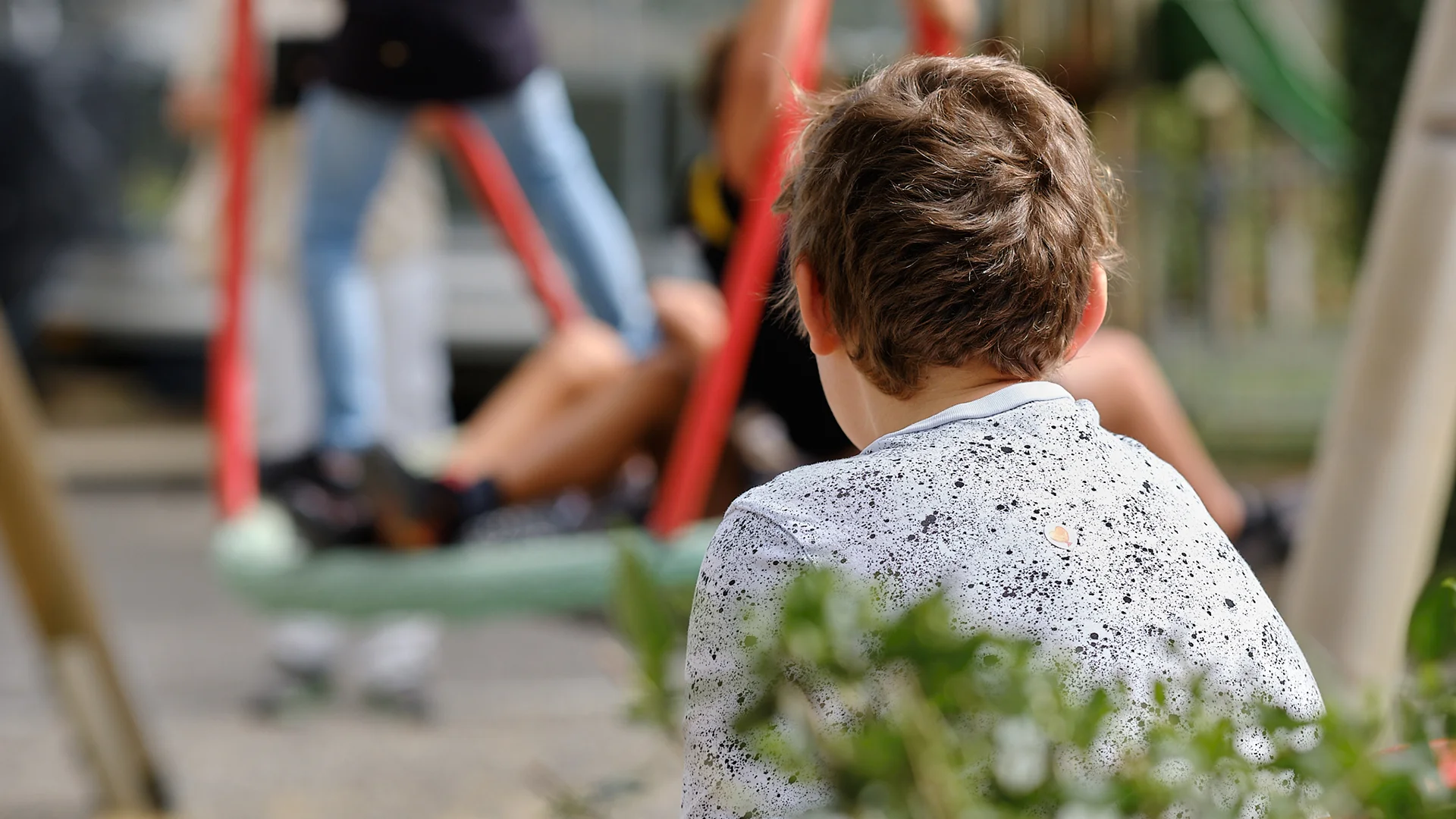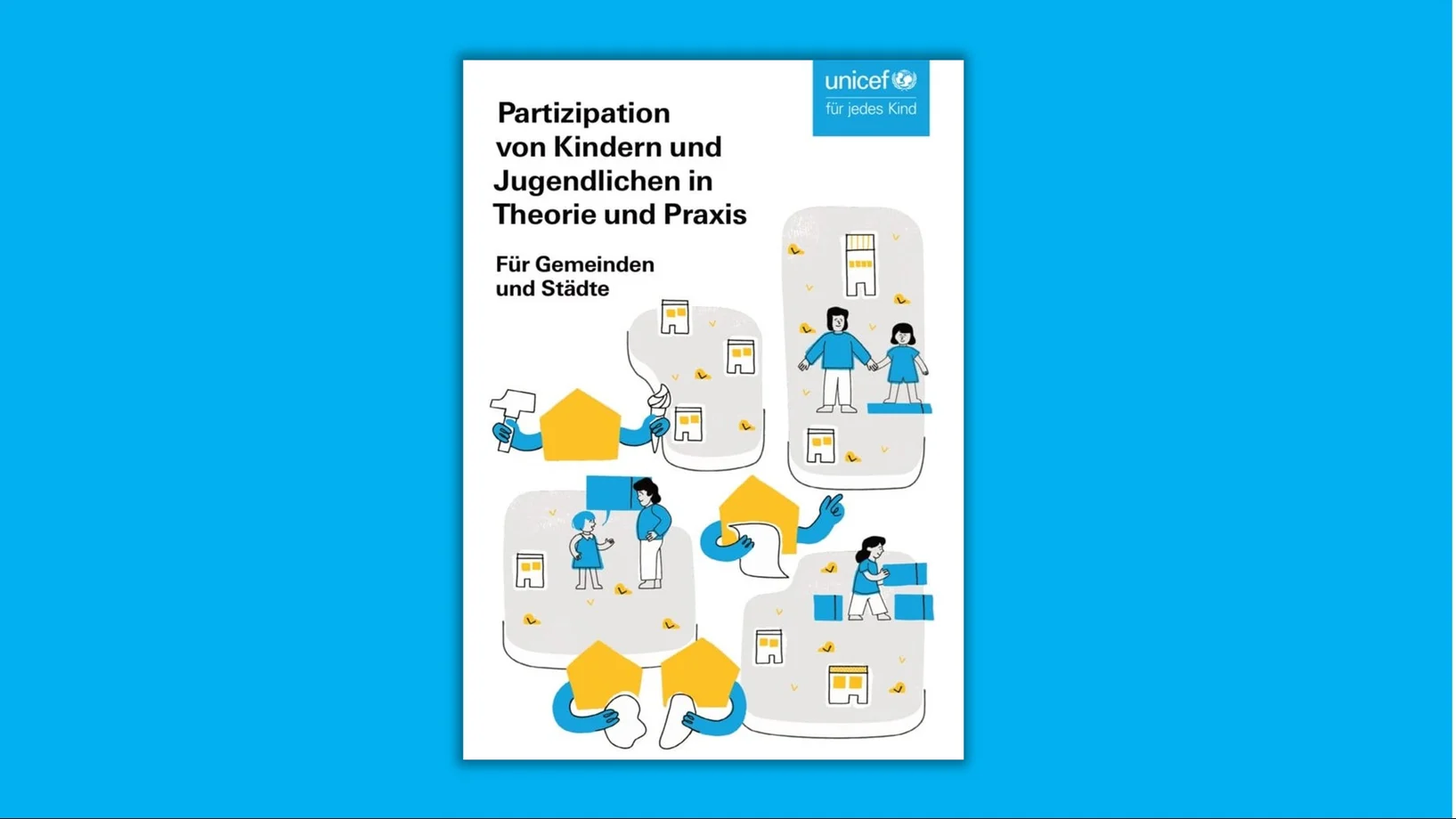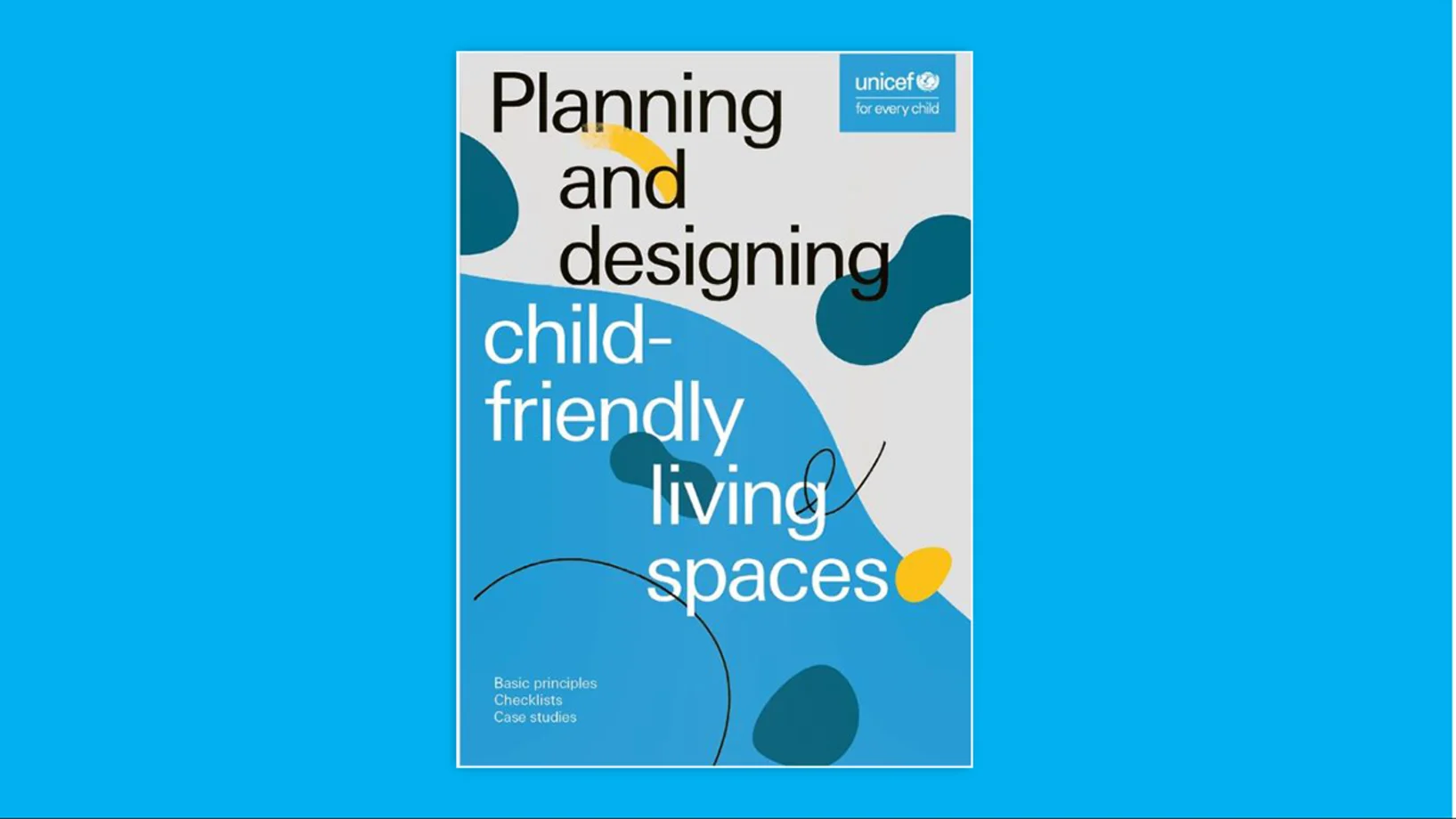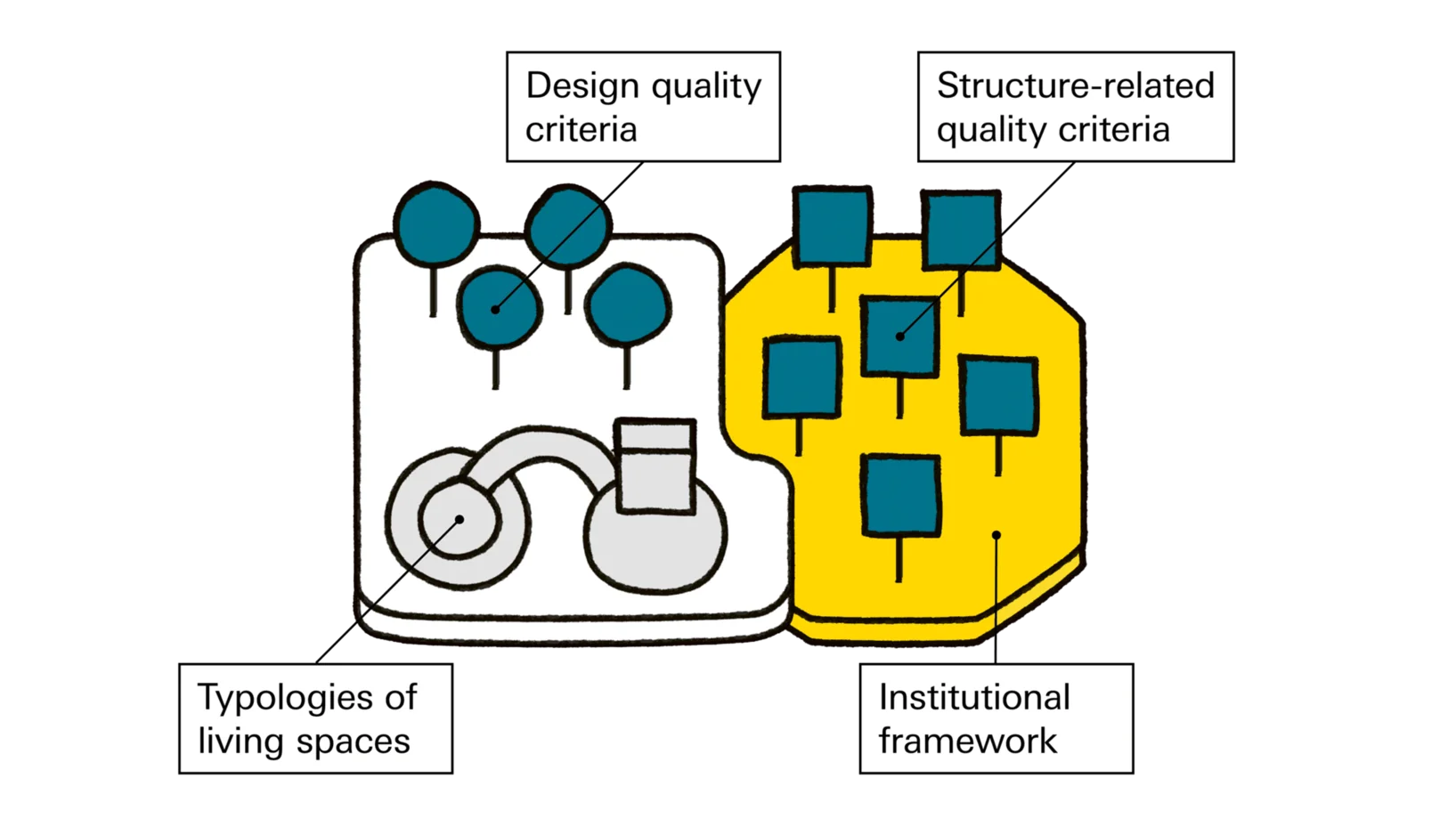An initiative for cities and municipalities to implement children’s rights at the local level
All children and young people have the right to grow up in a healthy and safe environment where they can develop to their full potential. UNICEF’s Child Friendly Cities Initiative supports cities and municipalities in creating the framework conditions to make this possible.
Five steps to become a Child Friendly City
UNICEF Switzerland and Liechtenstein recognizes municipalities which systematically improve their child-friendliness and achieve demonstrated results for children and young people.
The municipality and UNICEF carry out a situation analysis. All areas of life which are relevant to children and young people are being analysed. These include:
- Politics (policies) and administration
- Hearing of children
- Child protection and prevention
- Formal education
- Transition after compulsory education
- Early childhood and family
- Health and leisure
- Urban development
Collection of the views, needs and concerns of children and young people at the local level.
The municipality defines goals and concrete measures to increase the overall child-friendliness.
As a final control step before the label is awarded, the entire process is evaluated by an external expert.
A commission of experts decides over the recognition of a municipality as a Child Friendly City. The label is awarded for a period of four years, after which municipalities can apply for a renewal of the recognition.
Cities and municipalities are supported by UNICEF throughout the entire process.
This systematic approach ensures that local politics and policies are sustainably tailored to the needs of their youngest residents. We see child-friendliness as a cross-sectional task of the entire municipality.
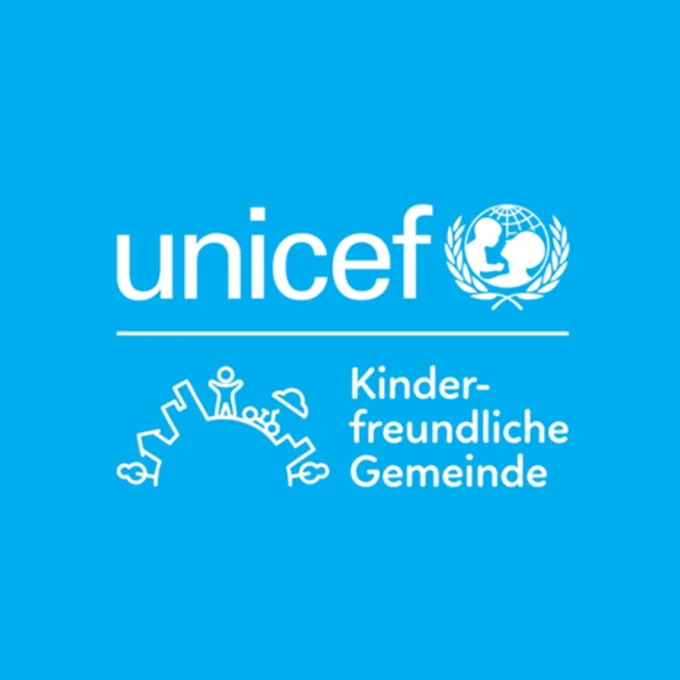
“A Child-Friendly City pursues sustainable urban development that focuses not only on social, economic and environmental aspects, but also on the participation of children and young people.”
The initiative has a lasting impact
Why the process is worthwhile:
- Strong children, strong society: a Child Friendly City promotes togetherness and strengthens the community as a whole
- Sustainability: The support of UNICEF promotes a sustainable approach and embedding of child-friendliness
- Evidence-based: Regular situation analyses shed light on all areas of children’s lives and identify guiding principles for local development
- Promotion of participation: Children are actively involved in the process. They are taken seriously and are more likely to identify with their municipality
- Child-friendliness as a cross-sectional task: Collaboration structures within a municipality are improved
- Connectivity and networking: Through the label, the municipality becomes part of the Child Friendly Cities network and gains access to exchange and training opportunities
- Location marketing: The label makes the municipality more attractive, e.g. for families and companies
Information material
Child Friendly Cities in Switzerland and Liechtenstein
The implementation of the Child Friendly Cities Initiative started in 2006 in Switzerland and in 2018 in Liechtenstein. UNICEF Switzerland and Liechtenstein has since recognized more than 70 Child-Friendly Cities. These include small communities as well as large cities.
Aargau: Aarau (2020), Baden (2014), Freienwil (2017), Magden (2020), Muhen (2022), Rekingen (Zurzach) (2016), Wettingen (2017), Zofingen (2021)
Appenzell Ausserrhoden: Teufen (2012)
Bern: Bern (2016), Lyss (2013), Thun (2018)
Basel-Landschaft: Arlesheim (2011), Blauen (2014), Pratteln (2021), Reinach (2012), Therwil (2017)
Basel-Stadt: Basel (2013), Riehen (2011)
Geneva: Geneva (2018)
Graubünden: Surses (2023)
Lucerne: Adligenswil (2023), Beromünster (2024), Hitzkirch (2013), Knutwil (2019), Kriens (2019), Luzern (2020), Neuenkirch (2020), Sursee (2019), Triengen (2017), Wauwil (2009), Wolhusen (2019)
St. Gallen: Buchs (2024), Flawil (2016), Rapperswil-Jona (2015), Uznach (2011), Wil (2015)
Schaffhausen: Beringen (2019), Neuhausen am Rheinfall (2023), Rüdlingen (2018), Schaffhausen (2025), Stein am Rhein (2019), Thayngen (2017)
Solothurn: Boningen (2022), Grenchen (2018), Dornach (2025), Himmelried (2023), Laupersdorf (2010), Rodersdorf (2023), Selzach (2024) Solothurn (2023), Zuchwil (2023)
Thurgau: Arbon (2016), Bürglen (2023), Egnach (2022), Frauenfeld (2012), Kreuzlingen (2023)
Ticino: Locarno (2021), Lugano (2023)
Vaud: Lausanne (2012)
Valais: Martigny (2021), Sion (2014)
Zug: Zug (2015)
Zurich: Fehraltorf (2011), Knonau (2021), Obfelden (2023), Wangen- Brüttisellen (2024)
Liechtenstein: Eschen (2020), Mauren (2022), Ruggell (2018), Schaan (2023), Triesen (2024), Vaduz (2024)
municipalities
children and young people
cantons
The Child Friendly Cities Initiative in the media
Partnerships
Networking is important when it comes to implementing children’s rights as it allows ae targeted use of resources. Through collaborations with our partners we are able to push forward the implementation of children’s rights.
UNICEF Switzerland and Liechtenstein maintains partnerships and collaborations with around a third of the Swiss cantons in regard to the Child Friendly Cities Initiative. The cantons of Aargau, Schaffhausen, Ticino and Valais actively encourage municipalities to engage in the process of obtaining the Child Friendly City label. In addition, the cantons of Basel-Landschaft, Lucerne, Solothurn, St.Gallen, Thurgau and Zurich provide financial support to Child-Friendly Cities to help with certification costs.
In the canton of Zurich, a cooperation between UNICEF Switzerland and Liechtenstein, okaj zürich - cantonal child and youth promotion and the Coordination Office for Participation of the canton of Zurich has been in place since 2024. In addition, Health Promotion Switzerland has been supporting the initiative since the beginning of 2025 as part of the cantonal action program “Nutrition, exercise and mental health in children, adolescents and young adults”.
Thanks to this cooperation, three municipalities per year will be given the opportunity to be supported by okaj zürich in the process of becoming a “Child Friendly City” in the period from 2025 to 2028. These municipalities will also benefit from co-financing of fifty percent of the certification costs (for initial certification).
Contact for interested municipalities: [email protected]



In the canton of Solothurn, UNICEF Switzerland and Liechtenstein have been cooperating with the canton of Solothurn since 2021 to implement the «Child-Friendly Community» initiative.
This partnership was further developed in 2025 and expanded to include the partnership with kindundjugend.so – Umbrella organisation for child and youth work in the canton of Solothurn. In addition to financial support from the canton of Solothurn, both for new certifications and recertifications, existing Solothurn «child-friendly communities» will be supported by kindundjugend.so during this period.

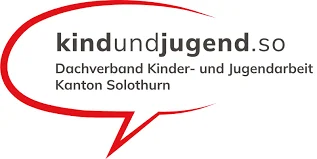
Since 2019, the Child Friendly Cities Initiative has received funding from the Stiftung Mercator Schweiz. The focus of their funding lies on the promotion of child and youth participation at the local level. The foundaion also financially supports participating municipalities through the so-called Municipality Fund.

ALDI SUISSE aims at strengthening the participation of children and young people in Switzerland. With this in mind, ALDI SUISSE offers Child Friendly Cities financial support to Child Friendly Cities in regard to participatory processes.

Contact persons
Alissa Brenn
Child Friendly Cities
[email protected]
Mona Meienberg
Child Friendly Cities
[email protected]
FAQ
The costs for the analysis, support and recognition by UNICEF Switzerland and Liechtenstein amount to CHF 12,000 - 22,000, depending on the size of a municipality. Additionally, municipalities have to consider the costs for the implementation of measures to increase their child-friendliness. These can vary greatly and are set by the municipalities themselves. More information in the brochure (in German).
Two exclusive funds are available to Child Friendly Cities to co-finance participatory processes and measures, due to partnerships with the Mercator Switzerland Foundation and ALDU SUISSE. In addition, various cantons provide financial support to participating municipalities.
How many resources does the process of becoming a Child Friendly City require in terms of personnel?
Child friendliness is a cross-sectional task. In order to increase it, many areas and people of a municipality have to work together. It is therefore advisable to set up a working group. In addition, around 10% of personnel costs should be allocated to the project management.
On average, it takes about 1.5 years for a municipality to be recognised as a Child Friendly City by UNICEF.
UNICEF Switzerland and Liechtenstein supports participating municipalities throughout the entire process. We carry out the situation analysis, make recommendations and advise municipalities. We draw on a great deal of expertise and experience, recommendations and projects from other municipalities. We arrange networking events between municipalities from the same language region, organise thematic inputs and webinars.
The Child Friendly Cities Initiative is based on a tried and tested process that works for municipalities with varying (political) structures. We support small municipalities with less than 1000 inhabitants as well as large cities. Both, financially strong as well as financially weaker municipalities from all language regions participate in the Child Friendly Cities Initiative.
The preconditions in terms of child-friendliness vary across municipalities. There are therefore no fixed criteria that must be met to be recognized as a Child Friendly City. However, it is crucial that the municipality sets out to systematically and sustainably improve its child-friendliness. The requirement for the recognition is that the predetermined process steps are successfully completed, and the municipality is committed to increasing child friendliness.
UNICEF Children’s Rights Newsletter
Our Children’s Rights Newsletter keeps you up to date about our work in Switzerland and Liechtenstein and about other exciting events and projects.
